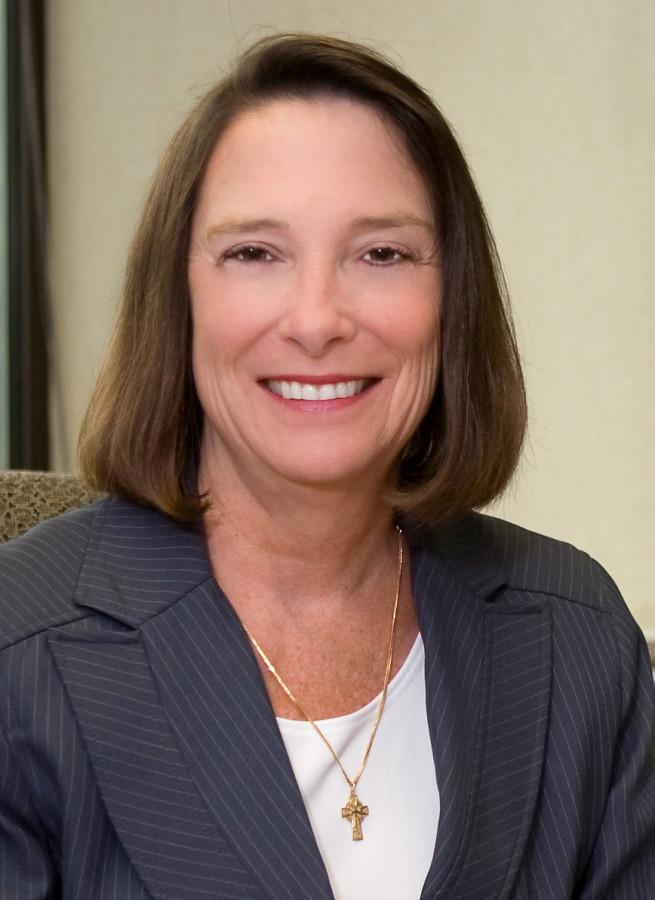DECK: Marquette faculty and students will work with youngsters to increase physical fitness, academics
Marquette has received a $900,000 government grant to fund the Youth Empowered to Succeed program in conjunction with the United Community Center.
YES is part of the national Youth Empowerment Programs, which promote healthy life choices among youth.
The money comes from a three-year grant from the Department of Health and Human Services.
With the grant, Marquette faculty and students from the College of Health Sciences will work with middle school students at Bruce Guadalupe Community School, 1028 S. 9th St., which is run through the United Community Center.
The center, based on Milwaukee’s South Side, is the largest Hispanic service institution in Wisconsin, said Manuel Santiago, associate director of Marquette’s Health Careers Opportunity Program.
Marquette has previously worked with high school students at the United Community Center through the YES program, Santiago said.
He said the partnership first began three years ago when the UCC approached the university about piloting a program to address lifestyle issues among Latino youth, like obesity and diabetes.
Obesity and diabetes affect minority youth more, and the Latino population in particular is susceptible to these conditions, said Lawrence Pan, chair of the physical therapy department.
“We hope that (YES) is going to be a life changing experience,” he said. “The increase in obesity and related diseases is quite staggering.”
Within the program, professors and students at Marquette work with the youth to examine their fitness levels and develop plans to improve overall health, Santiago said.
There is also an anti-violence emphasis, Pan said.
The original program focused on high school students, but after looking at the results, coordinators decided working with younger students might reap better results, Santiago said.
Pan said the findings from the first YES program suggest that while youth saw improvements in their academics and overall wellness, the program was not effective in improving students’ fitness levels.
Coordinators hope that by changing the focus to middle school students and providing a group support network, results will be more promising for the next program, Pan said.
He said Marquette students also help tutor the program participants, which allows a mentoring relationship to develop.
Getting to interact with college students helps inspire the youth to consider college for themselves, he said, and the YES program teaches them what changes they need to make in their lives in order to reach college.
Currently, Marquette and the UCC are in the process of assembling a staff and a group of youth to work with, Pan said. The program will probably begin sometime next semester.
Pan said he hopes to be able to publish the results of the YES program and whether it made an overall impact in the health of the involved students.
The overall goal of the YES program is to find the best way to improve the health of minority youth, Pan said.
“We’re hoping we can prove our point that … this is how you work with minority kids and get them to adopt a healthy lifestyle, be academically successful and be well-equipped to make the proper life choices along the way,” he said.


